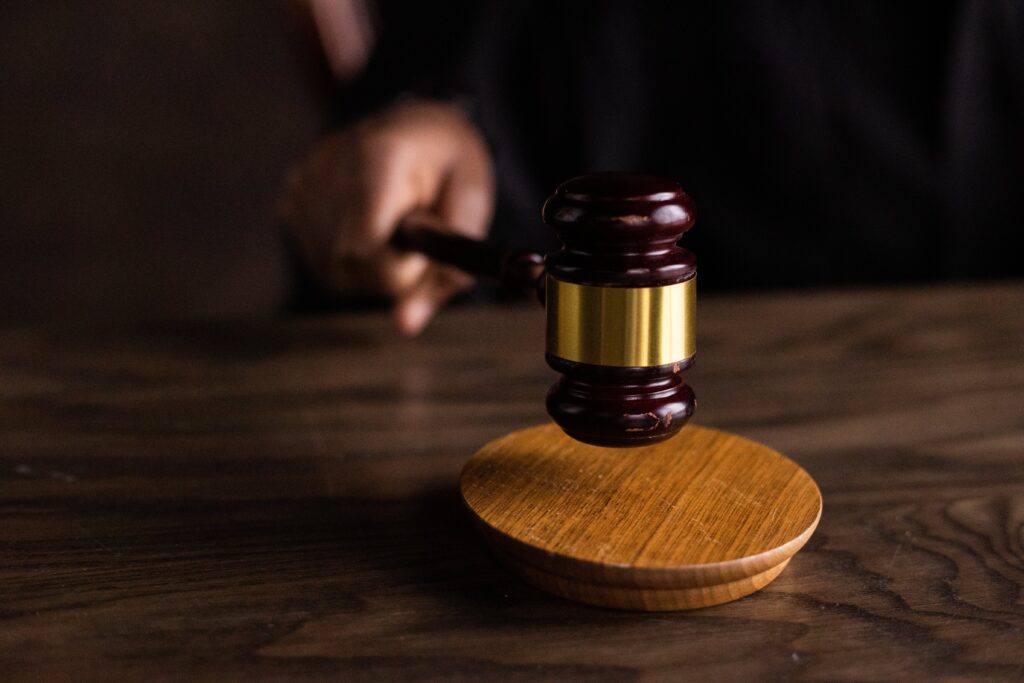
It is confusing and it is made more complex by the fact that the type of Judge you are before can sometimes change from hearing to hearing. Across the land, clients and junior lawyers alike suffer the same anxiety – what do I say? Your Honour? Sir? Madame? Your Worship?
So, what do you call the Judge?
Magistrates
Magistrates, or Justices of the Peace, are members of the local community without legal training who act as Judges in the magistrates’ court (the lowest level of the Family Court ladder). Justices of the Peace receive support in Court from Legal Advisers who advise them on the law.
So, what do you call them? “Your Worship”, or “Sir/ Madame”. You might even hear some lawyers call female magistrates “Ma’am.”
District Judges/ Deputy District Judges
District Judges are legally qualified, full-time salaried Judges who sit alone in court without a legal adviser. In Court you would address the Judge as “Judge” which has been universally adopted to avoid confusion. Deputy District Judges are part-time District Judges (they sit for between 15 and 50 days a year) and should be addressed in the same way.
Recorders
Recorders normally sit for between 15 and 30 days a year. They are Solicitors or Barristers with at least ten years practice before the Court. They are essentially part-time Circuit Judges, and their jurisdiction is like that of a Circuit Judge. You should call them “Your Honour”.
Circuit Judges
Circuit Judges are appointed to one of the six circuits in England and Wales and sit in the Crown and County Courts within their particular region. Like a recorder, you should call them “Your Honour”.
High Court Judges
The High Court, Family Division, hears appeals from the Family Court as well as some more complex family law issues in the first instance, such as child abduction. In Court you should call them “My Lord” and “My lady” (Or indeed “Your Lordship / Your ladyship”).
The Judges Of The Court Of Appeal
Senior Judges with lengthy judicial experience, they hear appeals which have been referred up to them from the High Court. Traditionally, they are also appointed to the ranks of the Privy Council. In Court you should address them as “My Lord” and “My lady” as you would a High Court Judge.
If you are ever unsure before your hearing, you should always ask your Solicitor or Barrister (or training supervisor or pupil master!) what the right way to address the Court might be.




